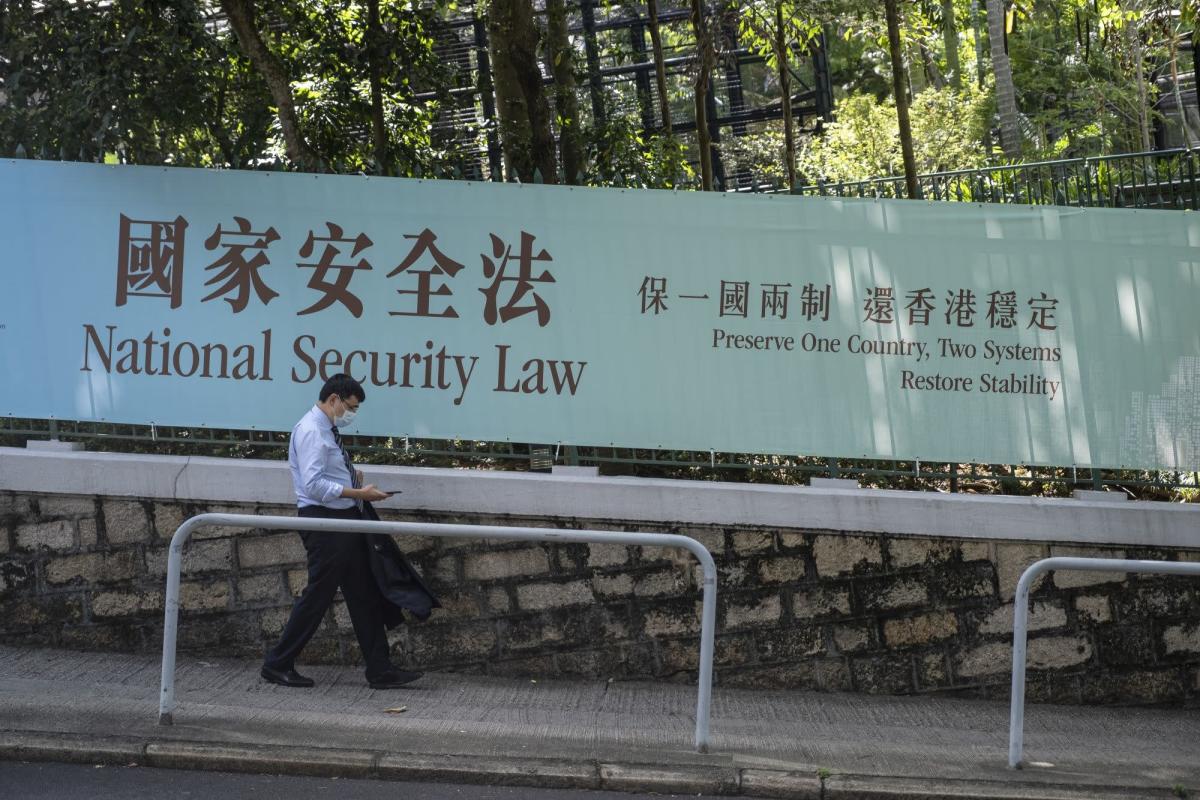
(Bloomberg) — The United Nations Human Rights Committee called on Hong Kong to repeal its Beijing-imposed sweeping national security law, raising deep concerns about the “overly broad interpretation” and “arbitrary application” of the legislation.
Most Read from Bloomberg
Authorities should “take concrete steps” to repeal the law and refrain from applying it in the meantime, the committee said in a report released Wednesday. It noted the law was passed without consultation with Hong Kong civil society and restricted a wide range of rights protected by an international covenant.
The Hong Kong government rejected the committee’s findings, saying in a statement that it “strongly objects” to the “unfair criticisms.”
READ: How China’s National Security Law Changed Hong Kong
Hong Kong passed the Beijing-drafted law in June 2020 without any debate by local lawmakers following large and occasionally violent protests in the Asian financial hub the year before. While the city government has repeatedly said the security law restored stability to the city, critics say it has diminished freedoms in the Asian financial hub.
The law, which criminalizes subversion, secession, colluding with foreign forces and terrorist activities, has effectively purged the political opposition and led to the closure of the city’s biggest pro-democracy media outlets. More than 200 people have been arrested since its enactment, including 12 children, according to the committee.
The committee also raised concerns that academics, journalists and representatives of civil society had been arrested and charged with sedition offenses, after exercising their right to freedom of speech. It called on the government to repeal sedition provisions of the colonial-era Crime Ordinance and “refrain from using them to suppress the expression of critical and dissenting opinions.”
The committee also said Hong Kong authorities should “immediately stop censoring books and materials” in public libraries, noting that books have been removed for allegedly breaching the national security law.
Most Read from Bloomberg Businessweek
©2022 Bloomberg L.P.




